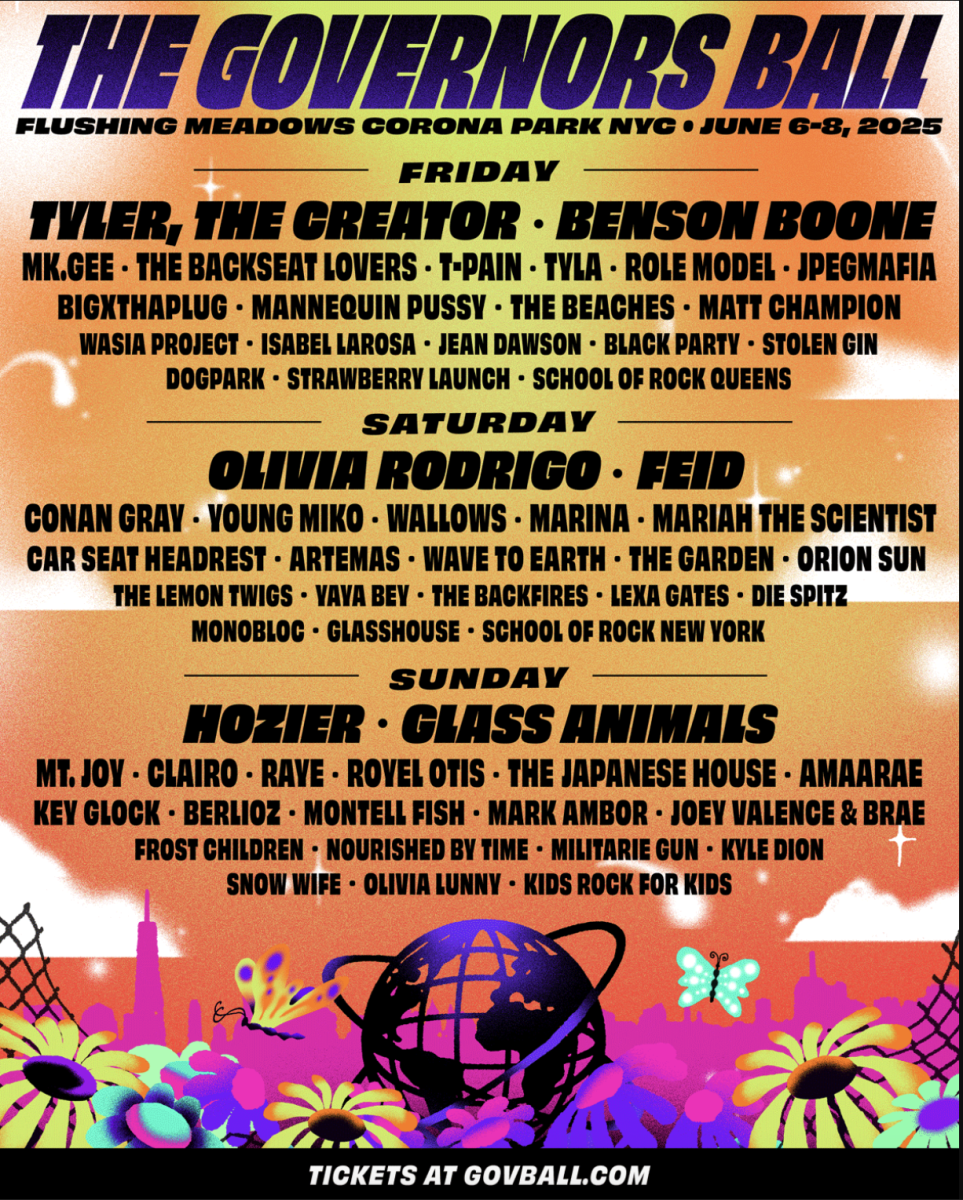What is the Best Way to Determine Club Leadership?
November 5, 2021
Clubs at Mamaroneck High School are an integral part of student life because they shape what many students do for fun during lunch and in their free time, serve as a great way to meet other students, and often lead to students discovering new passions. What a club does is determined by the leaders, as they organize meetings and determine what specific activities to do. Every year or every few years, a club needs new leadership, which raises the question of how this choice should be made. Should all club members elect new leadership, or should there be an application process?
At a glance, elections seem better since they represent the voice of the members. However, as one Globe staff member said, “I don’t want to say club elections are rigged, but honestly they are just popularity contests.” This opinion is shared by many students, and ties into how in general, a given candidate will not know everyone in the club; therefore how well known a person is is more important for elections than what they will actually contribute as a leader. Another problem with elections is that not everyone knows who does the most work to keep it running. As a result, elections have the potential to elect someone who won’t lead well and who has not contributed to the club thus far, leading to the decline of club activity and quality.
Determining leadership via applications is a different process where students have to answer questions posed by the outgoing club leaders and advisors. Applicants give their credentials and what they plan to do as a leader. This is arguably better because a student is evaluated based on credentials and intentions, not their popularity, and the experienced, outgoing leader can put the future of the club into good hands. As these outgoing leaders understand what qualities are most necessary in a leader for that club, some argue that they are in a prime position to choose the next leaders. One drawback of this system is that outgoing club leaders can choose their friends, ignoring any credentials, which makes this process potentially undemocratic. But overall, this method is often done with more forethought because instead of many students choosing someone based on friendship, a few experienced club leaders can choose someone based on merit.
According to a Globe staff member, “A club leader needs three things: the ability to present and lead other people, the ability to communicate and reach out to all members of the club, and their past experience in the club.” Another staff member explained that “[Being a good leader is] a matter of being willing to step up and contribute.” In other words, what matters most for a leader is communicating their ideas and taking action. In applications or elections, a club member can communicate what they plan to do, and if they do this well, they will likely get the position.
Unfortunately, whether or not people like to admit it, college applications play a role in some students’ decisions to join a club and run for a leadership position. While these cases are not ideal, there are still many clubs whose leaders genuinely care and are committed to the club’s success. Employing fair practices for determining club leadership is a necessary step towards ensuring club leaders will be effective rather than just resume building.
In sum, the three systems of elections, applications, and handing the position down for club leadership all have flaws and advantages. If anything can be improved, club leaders who use the application process should be impartial and not choose their friends over more accredited members, and students who vote for their leader should not vote by popularity. Also, club leaders should shape a club they enjoy, rather than just doing it for college.





